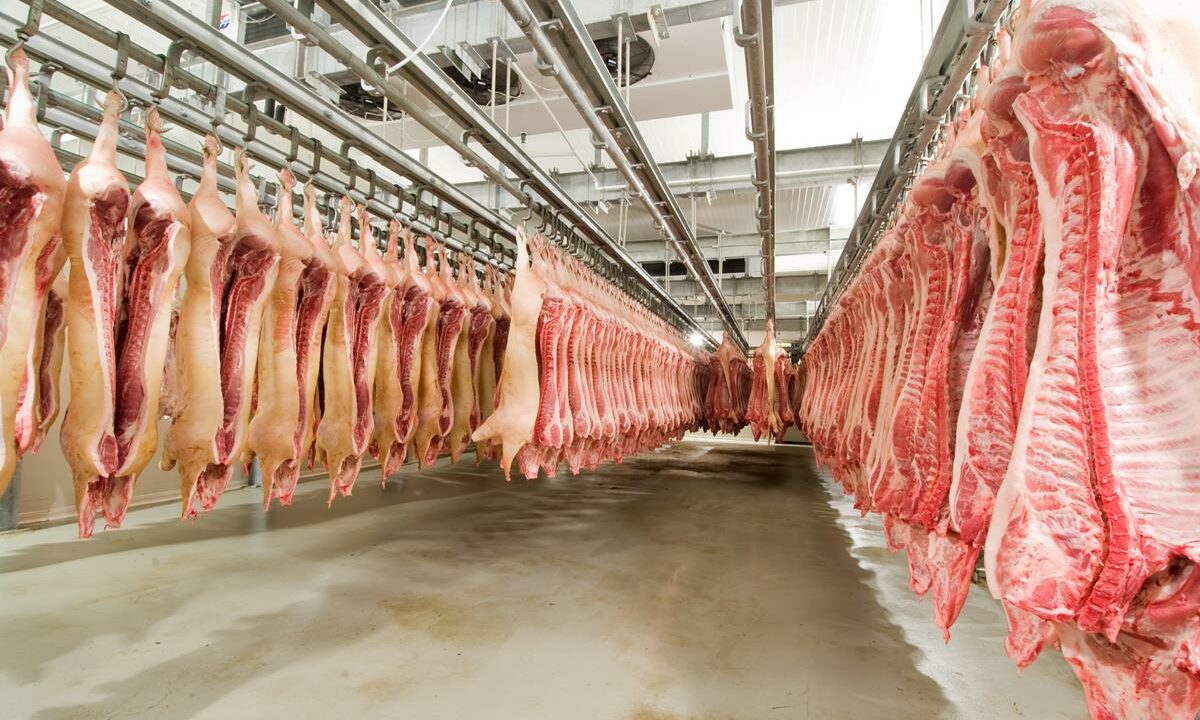Research conducted in Australia has found that meat-eating extends the life expectancy of humans across the world.
Researchers at the University of Adelaide say that humans have “evolved and thrived” because of our significant consumption of meat.
One of the authors of the study, biomedicine researcher Dr. Wenpeng You, said: “We wanted to look more closely at research that has thrown a negative spotlight on meat consumption in the human diet.
“Looking only at correlations of meat consumption with people’s health or life expectancy within a particular group [and/or] a particular region or country, can lead to complex and misleading conclusions.”
Dr. You said that the team analysed the correlations between meat-eating and life expectancy – as well as child mortality – at “global and regional levels…and making our conclusion more representative of the general health effects of meat-eating”.
The study was published in the International Journal of General Medicine yesterday (Tuesday, February 22). It examines the overall health effects of total meat consumption in over 170 countries.
The researchers say that the consumption of energy from carbohydrate crops “does not lead to greater life expectancy”; and that total meat consumption correlates to greater life expectancy “independent of the competing effects of total calorie intake, economic affluence, urban advantages and obesity”.
“While detrimental effects of meat consumption on human health have been found in some studies in the past, the methods and findings in these studies are controversial and circumstantial,” Dr. You argued.
The senior author of the study, University of Adelaide emeritus professor Maciej Henneberg, said humans “have adapted to meat-eating” over the course of their evolution.
“Meat of small and large animals provided optimal nutrition to our ancestors who developed genetic, physiological, and morphological adaptations to eating meat products and we have inherited those adaptations,” Prof. Henneberg noted.
The researchers highlighted that studies on the benefits of vegetarian or vegan diets do not necessarily contradict the benefits of meat consumption.
“Studies looking into the diets of wealthy, highly educated communities are looking at people who have the purchasing power and the knowledge to select plant-based diets that access the full nutrients normally contained in meat. Essentially, they have replaced meat with all the same nutrition meat provides.”
One of the study’s co-authors, Dr. Arthur Saniotis, commented that the findings are “in line” with other studies that show cereal-based foods have lower nutritional value than meat.
“While this is no surprise to many of us, it still needs to be pointed out. It highlights that meat has its own components contributing to our overall health beyond just the number of calories consumed, and that without meat in our diet, we may not thrive,” Dr. Saniotis added.
